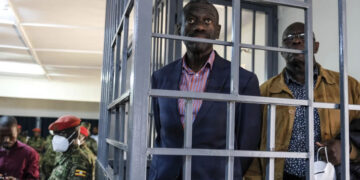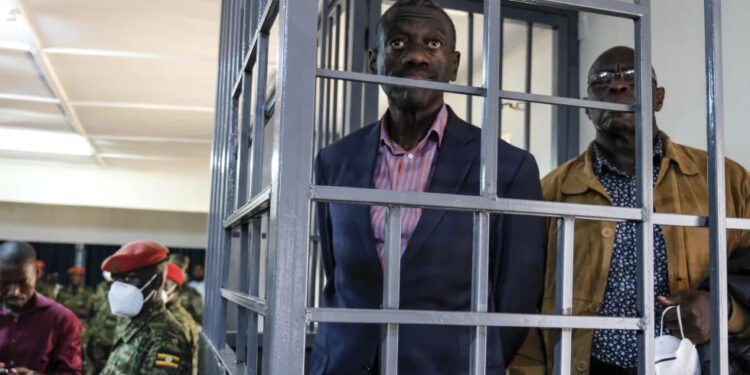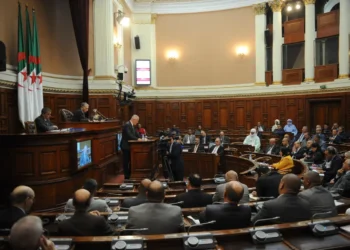Uganda’s parliament passed a contentious bill on Wednesday that would permit civilians to face trial before military courts, overturning a landmark Supreme Court ruling that had banned the practice.
The 2025 Uganda Peoples’ Defence Forces (Amendment) Bill – now awaiting President Yoweri Museveni’s signature – would grant military courts jurisdiction over civilians accused of crimes involving the army, such as collaborating with soldiers in illegal activities.
The move comes just months after Uganda’s Supreme Court declared military trials of civilians unconstitutional in January 2025, ordering all such cases to be transferred to civilian courts. The court’s decision aligned with the African Commission on Human and Peoples’ Rights, which has long held that military tribunals should never try civilians.
President Museveni, however, vowed to amend the law to reinstate military trials, claiming they were necessary for maintaining security. Critics argue the change is a blatant effort to target political opponents and suppress dissent ahead of Uganda’s 2026 general elections.
Human rights groups have documented widespread abuses in Uganda’s military courts, including a lack of due process, forced confessions, and politically motivated prosecutions. The courts have been used repeatedly against Museveni’s rivals, most notably opposition leader Kizza Besigye, who was charged in late 2024 with illegal possession of military weapons. His case was moved to civilian court after the Supreme Court ruling, but he remains detained.
Besigye’s lawyer, Eron Kiiza, was himself jailed for nine months in January for contempt after clashing with a military tribunal, a case that drew international condemnation before his eventual release on bail in April.
The new law raises fears of an intensified crackdown on dissent. Authorities have already escalated repression, including attacks on journalists covering by-elections and abductions of opposition supporters. Analysts warn that restoring military trials for civilians could lead to arbitrary detentions and unfair prosecutions of government critics.
“This law is a dangerous step backwards for Uganda’s democracy,” said a Human Rights Watch representative. “Military courts lack independence and are routinely used to silence opposition voices.”
As Museveni weighs whether to sign the bill, rights groups and foreign allies are urging him to reject it. The U.S. and EU have previously condemned Uganda’s shrinking civic space, and this move could trigger further diplomatic backlash.
If enacted, the law would mark a troubling escalation in Museveni’s 39-year rule, reinforcing his reliance on military and legal tactics to stifle opposition rather than democratic engagement.



































